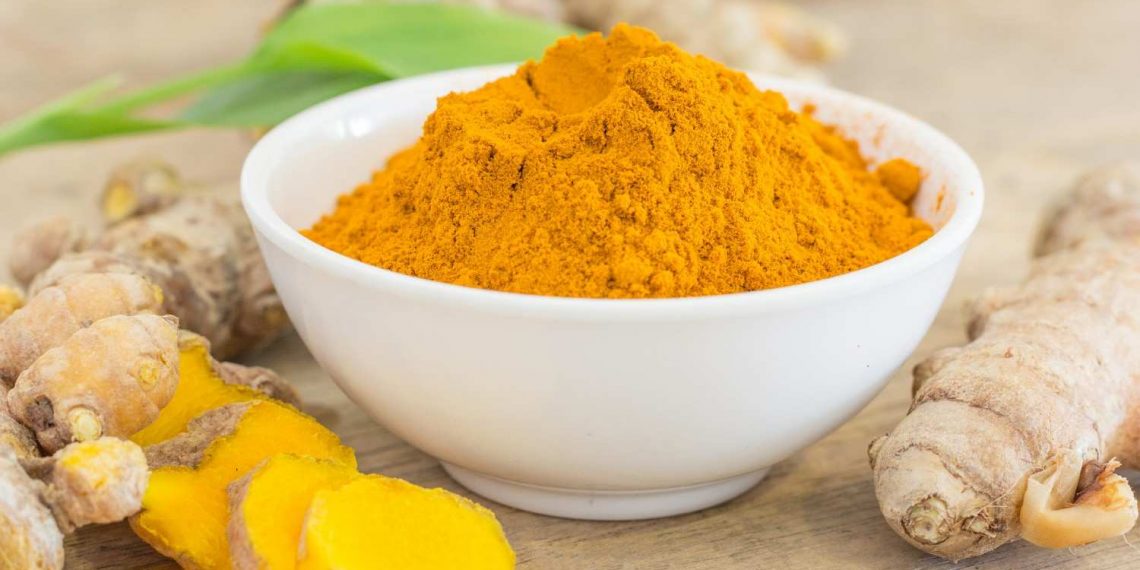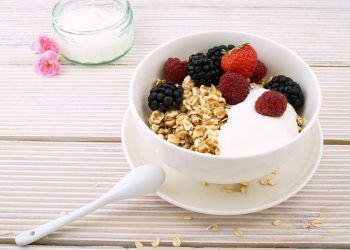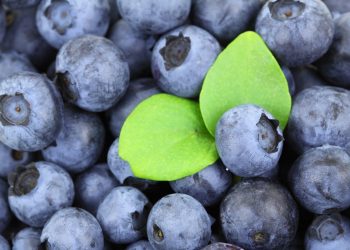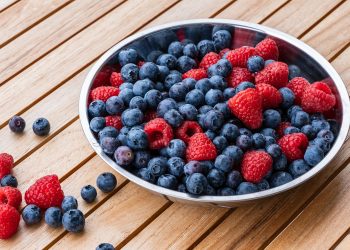5 Reasons Turmeric May Lower Blood Pressure Naturally
Ever had that moment where you feel the weight of the world on your shoulders? The afternoon stressors pile up, and suddenly it feels like your heart is racing. High blood pressure can creep up on anyone, often unnoticed until it manifests through headaches, fatigue, or a racing heart. In this context, the idea of easing blood pressure through natural means becomes increasingly appealing. One such avenue is turmeric, a vibrant yellow spice often found in the kitchen but increasingly recognized for its potential health benefits. Here are five compelling reasons why turmeric might be a natural ally in managing blood pressure.
Contents
1. The Power of Curcumin
Curcumin, the active ingredient in turmeric, takes the spotlight when discussing its health benefits. Studies suggest this compound can significantly influence cardiovascular health. A 2020 review published in the Journal of Hypertension indicated that curcumin can help lower blood pressure through its anti-inflammatory properties (Khanna et al., 2020).
How It Works
In your body, curcumin helps inhibit the production of inflammatory markers. By doing this, it supports the lining of your blood vessels, promoting better blood flow. Imagine your blood vessels as highways—when they’re clean and clear, traffic flows smoothly. But inflammation can create roadblocks that slow everything down. Curcumin helps dismantle those blockages, making it easier for blood to travel.
Limitations to Consider
While the results are promising, curcumin’s bioavailability (how much of it your body can absorb) is a concern. Eating turmeric in its raw form may not deliver sufficient curcumin. Studies encourage the pairing of turmeric with black pepper, which contains piperine, to enhance absorption.
2. Antioxidant Effects
Oxidative stress can cause damage to cells and blood vessels, contributing to high blood pressure. Turmeric is packed with antioxidants, which combat oxidative stress. An article in the Journal of Nutritional Biochemistry highlighted that curcumin helps eliminate free radicals from the body (Hewlings & Kalman, 2017).
A Real-World Example
Think about how rust spreads on metal. If left unchecked, it deteriorates the integrity of the object. Antioxidants, such as those found in turmeric, work similarly to prevent cell damage caused by free radicals, ultimately promoting healthier blood vessels.
Balancing Act
While turmeric is a powerful antioxidant, it’s essential to maintain a balanced diet rich in varied nutrients. Relying solely on turmeric for antioxidant effects may not provide comprehensive protection against oxidative stress.
3. Blood Sugar Regulation
High blood sugar levels can lead to hypertension, making blood sugar regulation a crucial factor in controlling blood pressure. Research published in the Journal of Medicinal Food found that curcumin can help improve insulin sensitivity, thereby regulating blood sugar levels (Thangaraj et al., 2019).
The Connection to Blood Pressure
Consider how well your body’s systems work together. When blood sugar levels are stable, the body is less likely to experience the spikes that lead to increased insulin production, which can raise blood pressure. By stabilizing blood sugar, turmeric indirectly supports blood pressure regulation.
Caution is Key
While the findings are convincing, it’s essential to note that relying solely on turmeric for blood sugar management may not be sufficient for those with diabetes. It should complement, not replace, prescribed medications or dietary recommendations.
4. Improving Endothelial Function
The endothelium is the thin layer of cells lining your blood vessels, playing a significant role in regulating blood pressure. Turmeric has been shown to improve endothelial function. The American Journal of Hypertension published a study indicating that curcumin can enhance vascular function (Brahmachari et al., 2020).
Imagining the Process
Think of the endothelium as the catalyst for a smooth-running vehicle. If the engine (endothelium) isn’t functioning properly, it can cause the car to stall or run unevenly, leading to higher blood pressure. By enhancing endothelial function, turmeric helps ensure that the car runs smoothly.
Limitations of Endothelial Benefits
Despite these benefits, the improvements are often seen in conjunction with other lifestyle factors such as diet and exercise. Turmeric alone may not be a magic solution for everyone, and comprehensive lifestyle changes are essential.
5. Stress Reduction
Chronic stress is notorious for raising blood pressure levels. A study in Pharmacological Reports suggests that curcumin may play a role in reducing anxiety and stress, which indirectly helps in managing blood pressure (Sanmukhani et al., 2016).
A Scenario You Can Relate To
Picture a tense workday followed by a peaceful evening with a warm cup of turmeric tea. Just as a soothing melody calms a restless mind, turmeric’s calming effects can help regulate the body’s stress response, leading to lower blood pressure.
Remember, It’s Not Alone
While turmeric may assist in managing stress, it’s only one tool in the toolbox. Practices like mindfulness, exercise, and adequate sleep complement its effects and lead to overall well-being.
FAQs About Turmeric and Blood Pressure
How much turmeric should I take to help lower blood pressure?
Most studies suggest about 500–2,000 mg of curcumin per day, but it’s best to consult a healthcare professional before starting any supplement regimen.
Can turmeric be taken with other medications?
Turmeric can interact with certain medications, especially blood thinners. If you’re on medication, consult your doctor to avoid any adverse effects.
Are there any side effects of turmeric?
In moderate amounts, turmeric is generally safe. However, high doses may cause gastrointestinal issues. If you experience discomfort, consider reducing the quantity or consulting with a healthcare provider.
Is turmeric a substitute for blood pressure medication?
While turmeric can offer health benefits, it is not a replacement for prescribed medications. Always work with your healthcare provider to manage your blood pressure effectively.
Conclusion
Incorporating turmeric into your diet could be a flavorful way to support your cardiovascular health and manage blood pressure. While the scientific findings are promising, individual results will vary. Remember, a holistic approach—encompassing a balanced diet, regular exercise, and stress management—will yield the best results. If you decide to add turmeric to your routine, consider it one part of a larger health strategy.
In the end, taking steps toward heart health isn’t just about making changes; it’s about cultivating an enduring lifestyle grounded in understanding and empathy toward your body’s needs.
References
- Khanna, D., et al. (2020). Curcumin, a potent bioactive compound from turmeric: Mechanisms of action and clinical applications. Journal of Hypertension.
- Hewlings, S. J., & Kalman, D. S. (2017). Curcumin: A review of its effects on human health. Journal of Nutritional Biochemistry.
- Thangaraj, K., et al. (2019). The effects of curcumin on glycemic control in patients with type 2 diabetes: A systematic review. Journal of Medicinal Food.
- Brahmachari, B. J., et al. (2020). Curcumin for the improvement of endothelial function: A randomized clinical trial. American Journal of Hypertension.
- Sanmukhani, J., et al. (2016). Efficacy of curcumin in the management of major depressive disorder: A randomized controlled trial. Pharmacological Reports.
Get Your FREE Natural Health Guide!
Subscribe now and receive our exclusive ebook packed with natural health tips, practical wellness advice, and easy lifestyle changes — delivered straight to your inbox.














